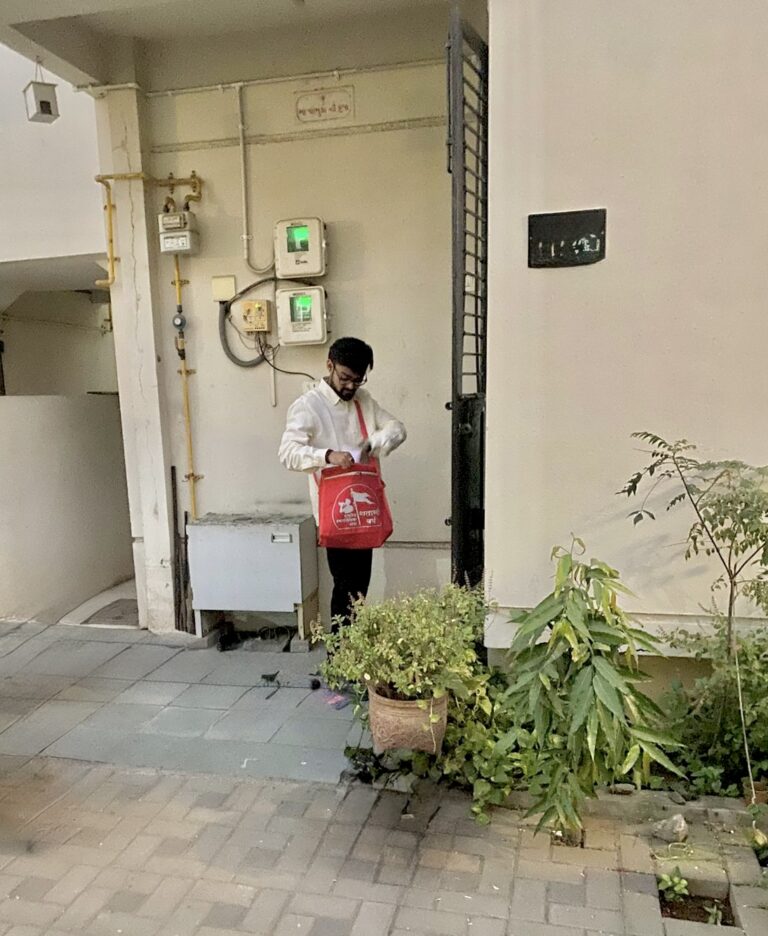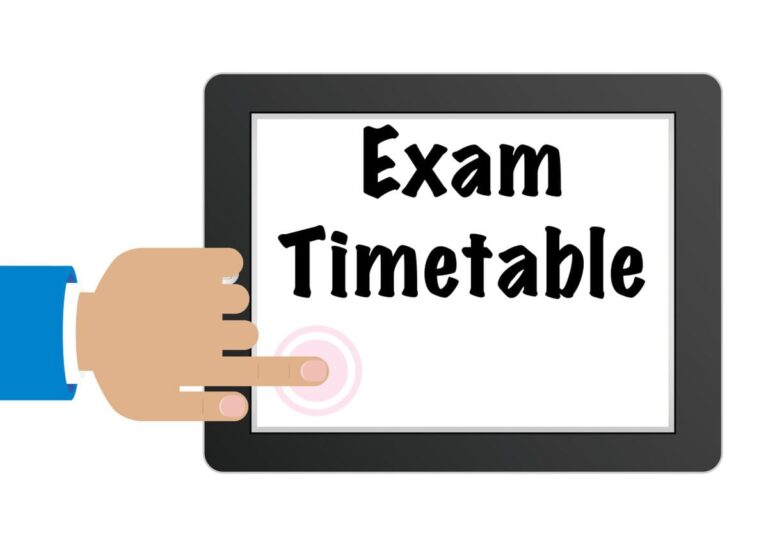
Puja khedkar
In a significant decision, a Delhi court has denied anticipatory bail to Puja Khedkar, a former trainee IAS officer accused of multiple offenses related to faking her identity to secure additional attempts at the Union Public Services Commission (UPSC) examination. The court highlighted the necessity of custodial interrogation to uncover the broader conspiracy and to determine the involvement of others in the scheme.
Additional Sessions Judge Devender Kumar Jangala stated, “Custodial interrogation of the applicant/accused is required to unearth the whole conspiracy and to establish involvement of the other persons involved in the conspiracy.” Given the circumstances, the judge concluded that it was not appropriate to grant anticipatory bail.
Puja Khedkar faces charges under several sections of the Indian Penal Code, including cheating (Section 420), forgery for the purpose of cheating (Section 468), using a forged document as genuine (Section 471), and criminal conspiracy (Section 120B). Additionally, she is charged under Section 66D of the Information Technology Act and Sections 89 and 91 of the Rights of Persons with Disabilities Act, 2016. These charges stem from allegations that Puja Khedkar falsely claimed additional UPSC examination attempts by misrepresenting her identity and exploiting provisions for individuals with disabilities.
The court noted that Khedkar’s actions had deprived other eligible aspirants of their lawful opportunities. It pointed out that her scheme, executed over several years, likely involved assistance from others, making a thorough investigation imperative to uncover the full extent of the conspiracy.
Judge Jangala emphasized the societal implications of such deceit, stating, “The faith of the society at large shall be lost if the thorough investigation to find out the truth is not conducted.” The court also directed the UPSC to review and enhance its standard operating procedures to prevent similar incidents in the future and to scrutinize recent recommendations to identify candidates who may have unlawfully gained examination attempts or benefits.
The prosecution argued that Khedkar exhausted her permissible attempts by 2020 but continued to appear in subsequent exams by changing her name and falsifying information. Opposing her bail application, the prosecution and UPSC’s counsel stressed the need for her custodial interrogation to ensure she cooperates with the investigation and to prevent her from potentially obstructing justice.
Khedkar’s defense, led by advocate Bina Madhavan, argued that she should be given a chance to respond to the allegations and pointed to a disability certificate corroborating her claims. However, the court found the need for a detailed investigation outweighed these arguments, leading to the denial of anticipatory bail.








